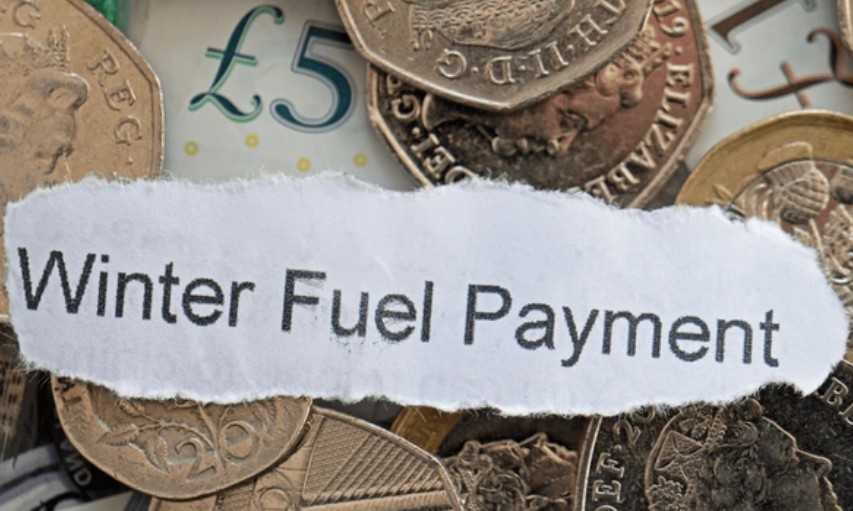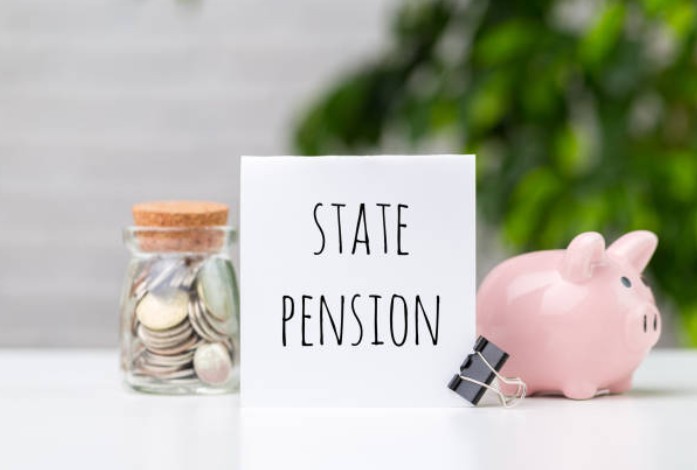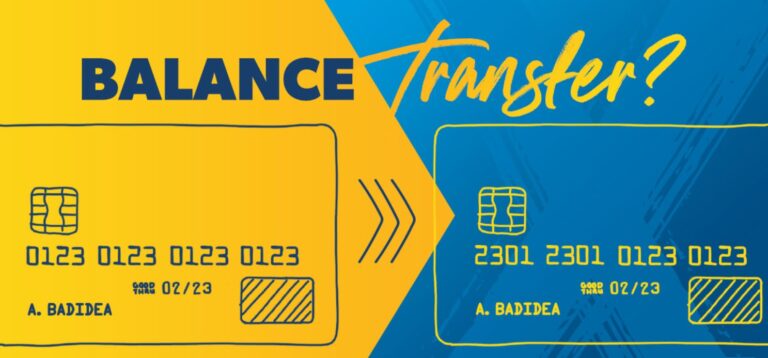Are All Pensioners Getting the £500 Winter Fuel Payment?
As energy bills continue to rise across the UK, many pensioners are relying on government support to stay warm during the colder months. One of the most talked-about benefits in recent times is the Winter Fuel Payment, and a question that’s been circulating widely is:
Are all pensioners getting £500 winter fuel payment?
Let’s dive deep into what the Winter Fuel Payment is, who qualifies, whether every pensioner will receive £500, and what changes have been made recently — all in a straightforward, fact-based guide tailored for UK readers.
What is the Winter Fuel Payment?
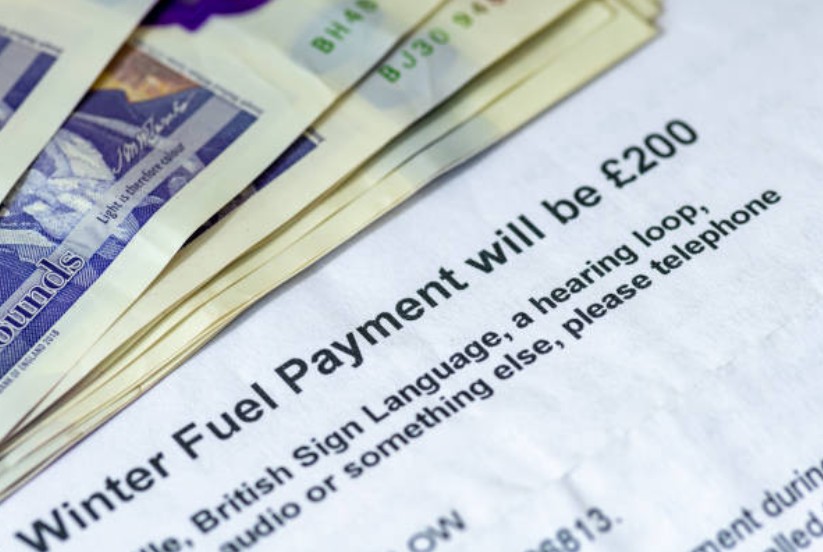
The Winter Fuel Payment is a tax-free payment made by the UK government to help older people cover their heating costs during winter. It has been a regular support scheme for years, typically paid between November and January each year.
Depending on personal circumstances, the amount varies between £250 and £600, including any temporary top-ups introduced to tackle rising energy prices.
Why Are People Saying It’s £500 for Everyone?
There has been a lot of confusion due to headlines and social media posts that suggest “all pensioners will get £500 this winter.” While there is some truth to this for many people, it’s not universal.
In 2022 and 2023, the government introduced a Pensioner Cost of Living Payment, added on top of the standard Winter Fuel Payment. This extra support was provided to help older people deal with inflation and energy price hikes.
In winter 2023–2024, pensioners received:
- £250 to £300 standard Winter Fuel Payment
- £150 to £300 Pensioner Cost of Living Payment
Combined, many pensioners received between £400 and £600, and in some cases, that worked out to around £500 — hence the commonly heard figure.
But this amount was not fixed for all pensioners, and the actual amount depends on age, living situation, and benefits received.
Are all Pensioners Getting £500 Winter Fuel Payment?

As of June 2025, the government has not yet confirmed a £500 Winter Fuel Payment for all pensioners for the winter of 2024–2025. The standard Winter Fuel Payment will still apply, but the additional cost of living payment may not return unless re-announced in the Autumn Budget or a special statement.
This means:
- Not all pensioners are guaranteed £500
- The exact amount you receive will vary, and may be lower than last year if extra payments are discontinued
If there is a reintroduction of the Cost of Living Payment this winter, it will likely be announced by autumn 2025.
Who Is Eligible for the Winter Fuel Payment?
To be eligible for the Winter Fuel Payment, you must:
Be born on or before 22 September 1959 (as of winter 2024)
Have lived in the UK during the qualifying week, usually in late September
Be receiving a State Pension or certain other benefits, such as:
- Pension Credit
- Attendance Allowance
- Incapacity Benefit
- Bereavement Support Payment
You won’t qualify if you:
- Are in the hospital receiving free treatment for more than 52 weeks
- We’re in prison during the qualifying week
- Live in a care home and receive certain benefits (e.g. Pension Credit)
If you’re unsure, you can contact the Winter Fuel Payment Centre or visit the official Gov.uk website for eligibility checks and updates.
How Much Will You Actually Get?
Here’s a breakdown of the payment structure based on 2023–2024 data. This will likely be similar unless new updates are introduced.
| Your situation | Born between 25 Sep 1943 and 24 Sep 1957 | Born on or before 24 Sep 1943 |
|---|---|---|
| You live alone (or qualify alone) | £500–£600 | £600–£700 |
| You live with another eligible person | £250–£350 each | £350–£400 each |
| You live in a care home | £250 | £300 |
The £500 figure usually applies to people aged over 66 who live alone and are not claiming income-based benefits.
So, not all pensioners get £500, but many do, depending on their age and whether they live with other qualifying people.
How Is the Winter Fuel Payment Paid?
If you’re eligible and already receive a State Pension or qualifying benefits, the Winter Fuel Payment is usually paid automatically into your account.
The payment usually arrives between early November and mid-January, with exact dates varying each year. You’ll also receive a letter from the DWP detailing how much you’ll receive and when.
If you don’t receive the payment but believe you’re eligible, you can claim by:
- Calling the Winter Fuel Payment helpline
- Downloading and submitting a claim form from gov.uk
Do You Need to Pay Tax on It?
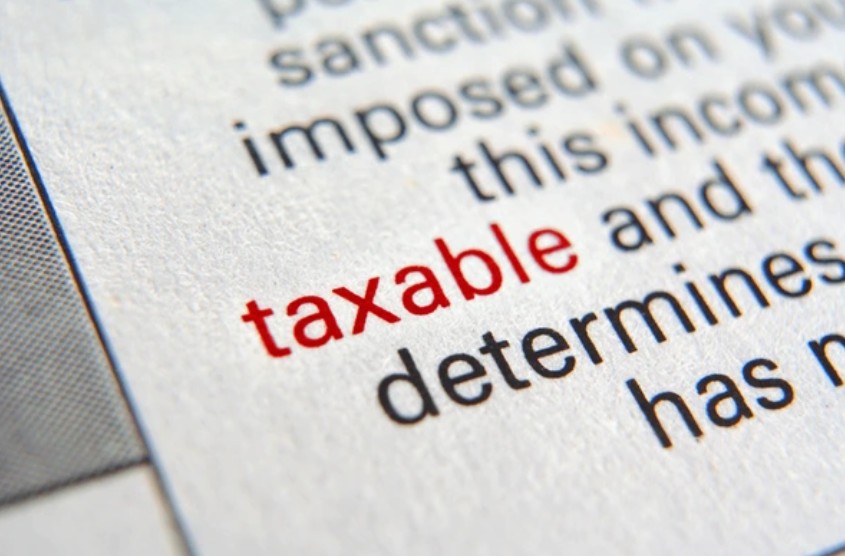
No. The Winter Fuel Payment is completely tax-free and doesn’t affect any other benefits you receive. It’s classed as a non-means-tested benefit, meaning it’s not based on your income or savings.
Will There Be Future Increases or Changes?
Given the uncertain political and economic climate, especially with elections and budget revisions in 2025, the future of energy-related support payments is still under discussion.
If high energy prices return next winter or inflation spikes again, the government may reintroduce extra payments. However, nothing is confirmed at this stage.
To stay up to date, regularly check:
- www.gov.uk/winter-fuel-payment
- News from the DWP (Department for Work and Pensions)
- Announcements from Chancellor and Budget statements
Key Takeaways
- Not all pensioners are guaranteed £500 as a Winter Fuel Payment
- Most will receive between £250 and £600, depending on their age and living arrangements
- The £500 figure includes last year’s temporary Cost of Living Payment, which is not guaranteed for winter 2024–2025
- You must be over State Pension age and meet other criteria to qualify
- Payments are made automatically for most eligible people
Final Word
With rising living costs and colder winters, every bit of support matters. While many pensioners did receive around £500 last winter, it’s important to understand that this is not a fixed amount for everyone, and future payments depend on government decisions still to come.
To ensure you don’t miss out on any help you’re entitled to, keep an eye on official updates and speak to your local pension adviser or Citizens Advice for tailored guidance.

